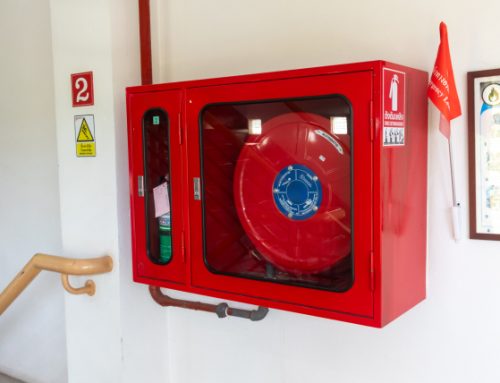Buying or selling a property is a big decision. In addition to the money and the paperwork required to buy a flat in Thane, it is important to know about the method of property transfer. While some methods involve a higher budget, others such as in the case of a gift deed hardly require any expense. ‘
There are different types of property transfers which can help you get a new flat in Thane. Each has a different process along with different legal and tax rules. Here, we take a look at the different types of property transfers in India.
1. Sale Deed
This is the most common type of property transfer. When you buy a flat for sale in Ghodbunder Road Thane, the property gets transferred through a sale deed. Here, you pay the seller the property value and the seller signs the deed. Once you register this sale deed at the sub-registrar’s office and pay the relevant stamp duty and registration charges, the property is officially transferred in your name.
2. Gift Deed
A gift deed is used when someone wants to transfer property without taking any money. For a gift deed to be valid, no money should be involved, and it must be accepted by the person receiving the gift. Also, a gift deed acts as a permanent transfer and cannot be taken back. For instance, a father may choose to gift a 2 BHK studio apartment in Thane to his daughter. On receiving the gift, the daughter has to register it, and the property is legally hers.
3. Inheritance or Will Deed
This type of property transfer occurs through a Will or after someone’s death. When someone passes away, their property goes to their legal heirs. This is called inheritance. If the person has written a will, then the property is transferred as per that. If there is no will, then Indian succession laws apply.
Typically, if a property owner dies, the family must get the property transferred by submitting a death certificate, succession certificate (if needed), and other legal documents.
4. Relinquishment Deed
This is a common type of property transfer witnessed in co-owned properties. If two people own a property in Thane but one person relinquishes or gives up his share to the other, then this property is transferred using the Relinquishment Deed. In this transfer, the new owner needs to pay stamp duty and register the property in their name to make the transfer official.
5. Exchange Deed
This form of property transfer is rarely used but is legally acceptable. Here, two people decide to exchange their properties instead of selling them.
For example, one person has a flat for sale in Thane West while the other has a property in Mulund. These two people can transfer the property to each other using the Exchange Deed and any monetary differences between the properties can be settled between the two parties.
Conclusion
Property transfers can be complicated and overwhelming. However, once you know the types of transfer options possible, the process becomes easier. Remember to consult a legal professional or a trusted real estate expert for guidance on property matters.









































